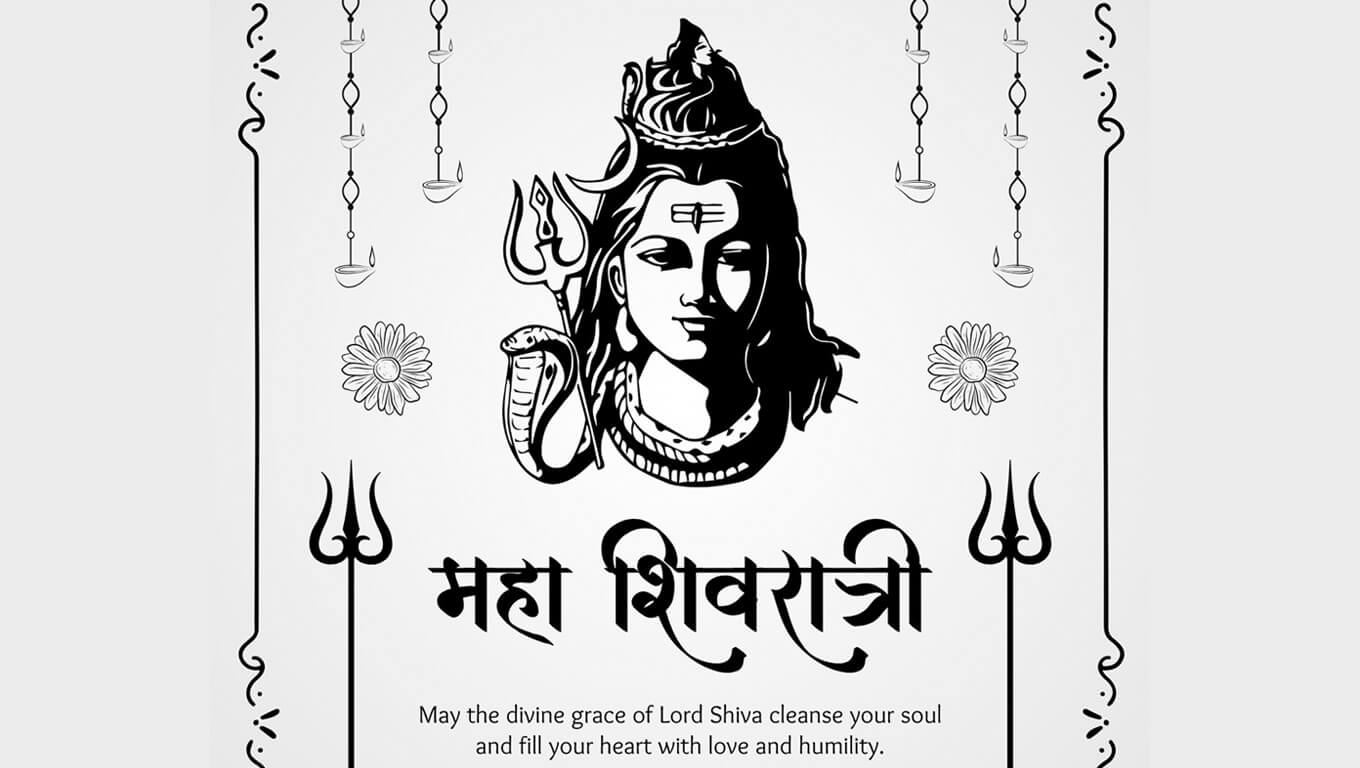Maha Shivratri, also known as the Great Night of Lord Shiva, is one of the most auspicious and revered festivals in Hinduism. It is celebrated annually in honor of Lord Shiva, the destroyer and transformer among the Trinity of Hindu gods. This sacred occasion holds immense significance for devotees around the world, marking a night of deep spiritual significance and renewal.
The Spiritual Significance:
Maha Shivratri falls on the 14th night of the lunar month of Phalguna (February/March), according to the Hindu calendar. It symbolizes the overcoming of darkness and ignorance, as devotees offer prayers and seek blessings for spiritual growth, enlightenment, and the removal of obstacles. It is believed that on this night, Lord Shiva performs the divine dance of creation, preservation, and destruction, known as the Tandava.Rituals and Traditions:
Devotees observe Maha Shivratri with various rituals and traditions that vary across different regions and communities. The day typically begins with devotees taking a ritual bath, followed by fasting and offering prayers at Shiva temples. Throughout the night, devotees engage in continuous chanting of the sacred mantra “Om Namah Shivaya” and perform Abhishekam, the ritualistic bathing of the Shiva Lingam with milk, water, honey, and other sacred substances.Devotional Practices:
The significance of Maha Shivratri extends beyond religious rituals to encompass deep introspection, meditation, and self-reflection. Devotees use this auspicious night to delve into their spiritual practices, seeking inner peace and enlightenment. Many stay awake throughout the night, engaging in bhajans (devotional songs) and reading scriptures that extol the glory of Lord Shiva.
Community Celebrations:
Maha Shivratri is a time for community gatherings and celebrations, where devotees come together to share their devotion and reverence for Lord Shiva. Temples are adorned with lights and decorations, and cultural programs showcasing traditional dances, music, and dramas are organized to honor the divine essence of Lord Shiva.
Maha Shivratri is a time for community gatherings and celebrations, where devotees come together to share their devotion and reverence for Lord Shiva. Temples are adorned with lights and decorations, and cultural programs showcasing traditional dances, music, and dramas are organized to honor the divine essence of Lord Shiva.
Conclusion:
Maha Shivratri holds profound significance as a night of spiritual awakening and devotion to Lord Shiva. It is a time for devotees to seek blessings for personal growth, inner peace, and the removal of obstacles on their spiritual journey. As we celebrate this auspicious occasion, let us immerse ourselves in devotion and prayer, invoking the divine presence of Lord Shiva in our lives. May Maha Shivratri inspire us to embrace the eternal truths of spirituality and lead us on the path of righteousness and enlightenment.

